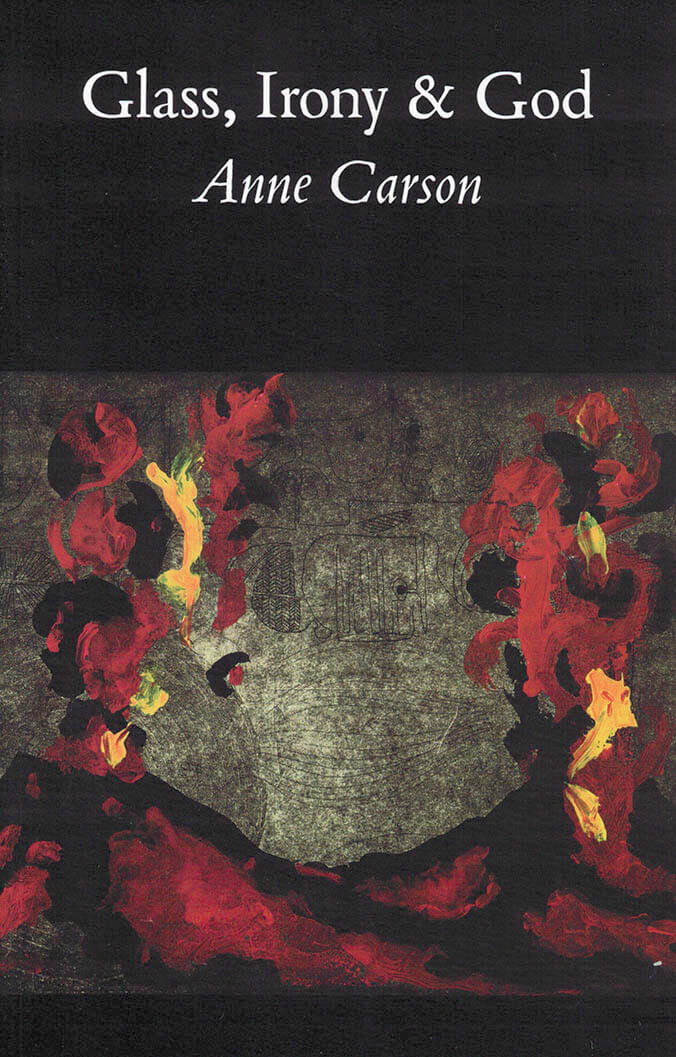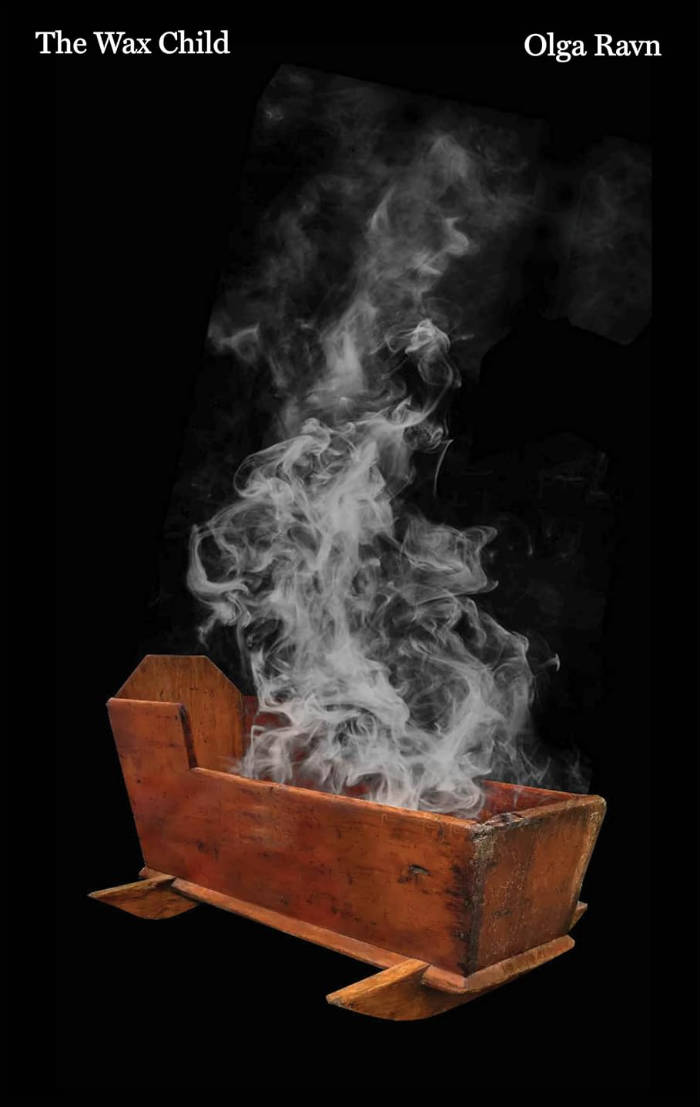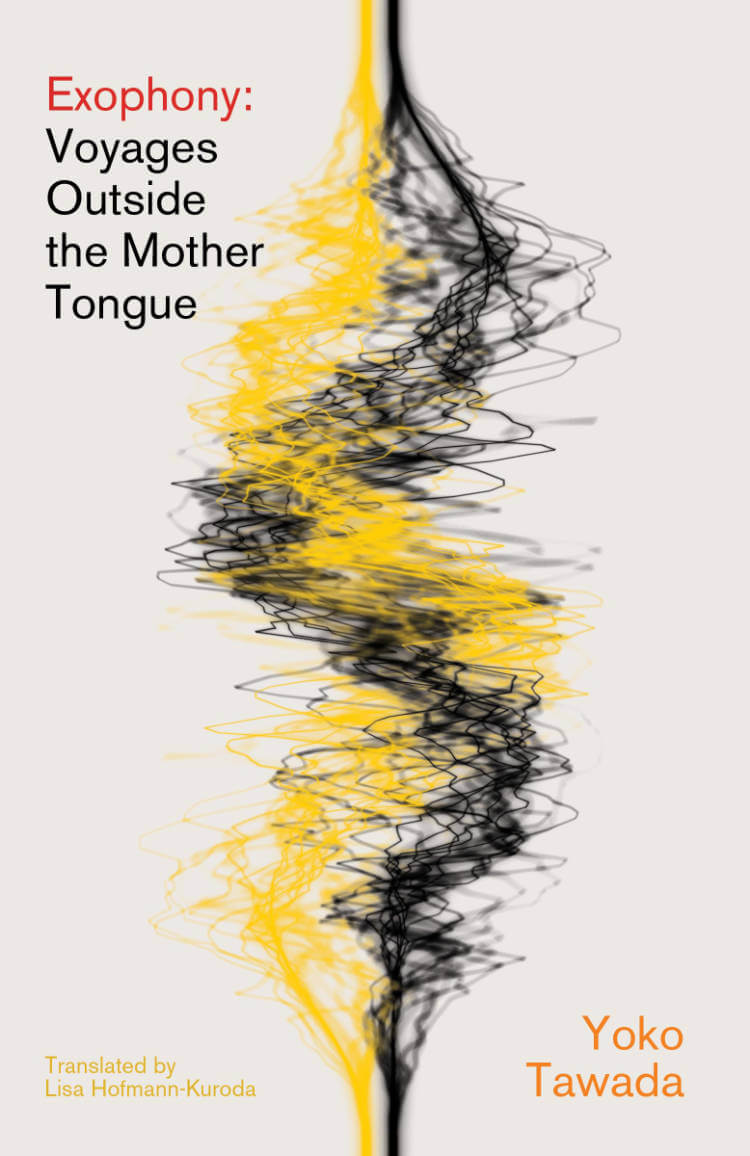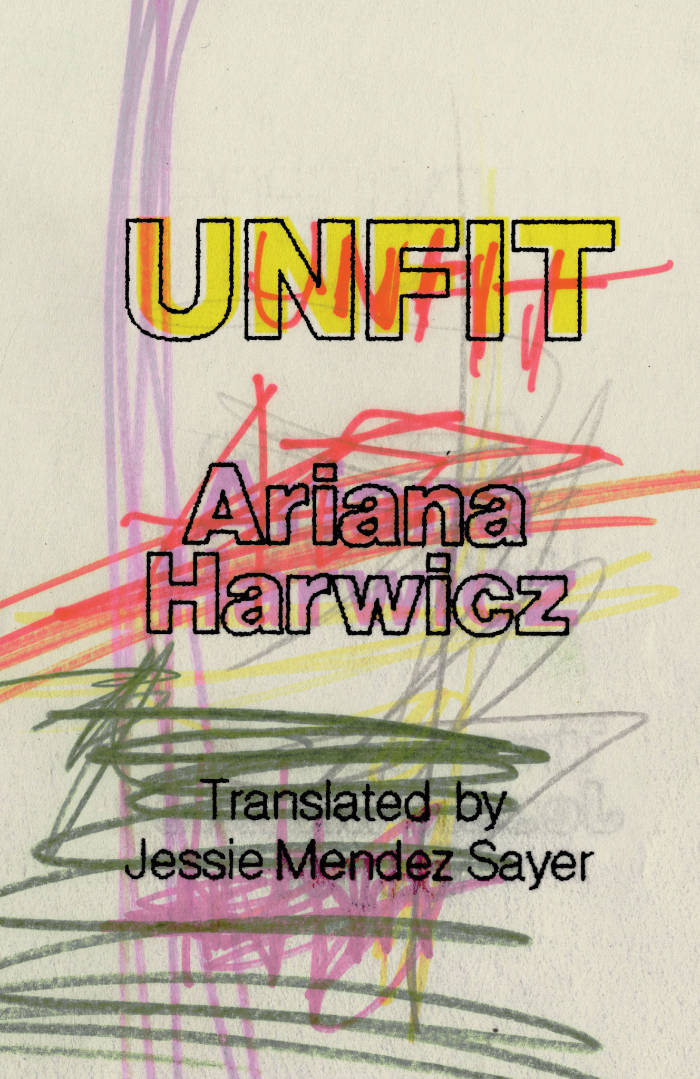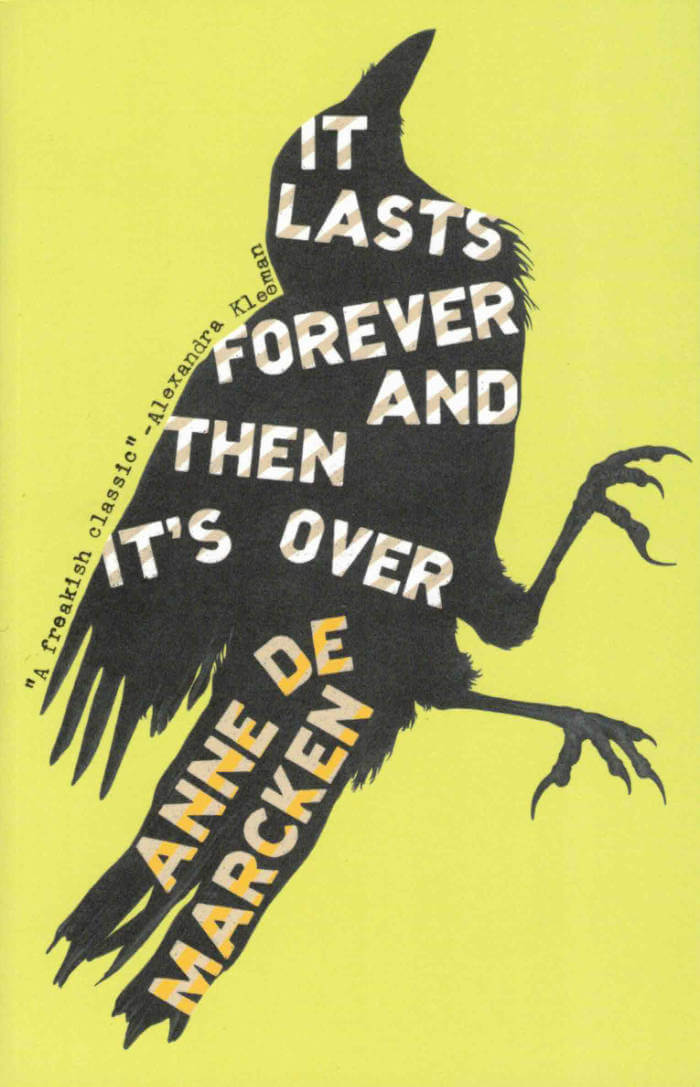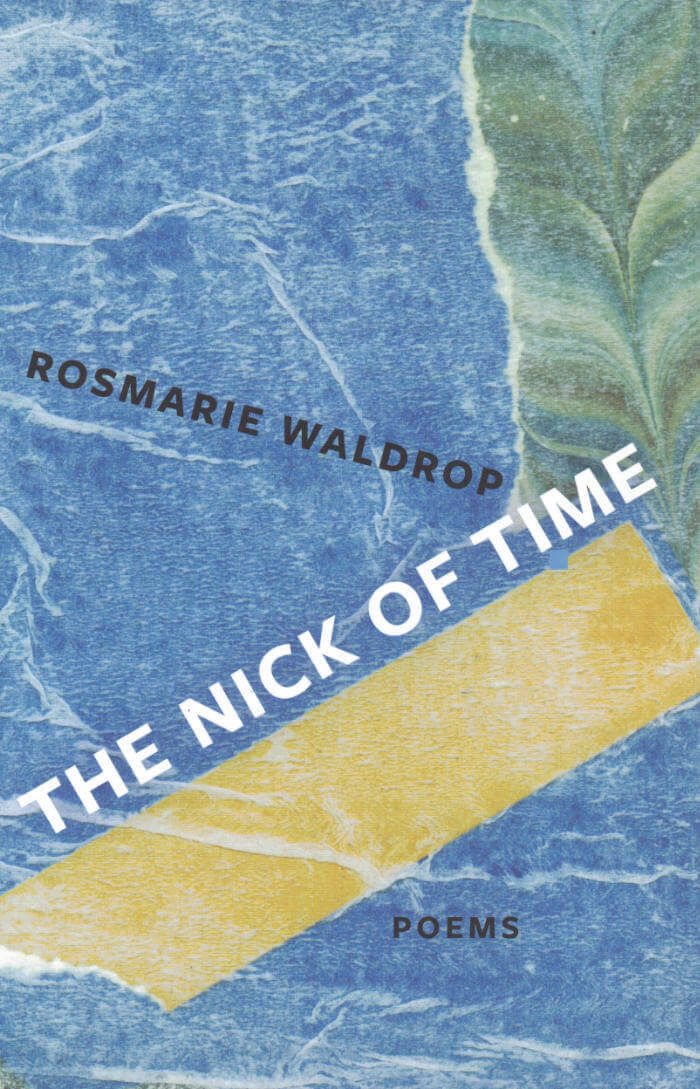
The Nick of Time
A philosophical tour de force melding astrophysics and grief by the American maestra of the prose poem.
"If memory serves, it was five years ago that yours began to refuse," Rosmarie Waldrop writes to her husband in The Nick of Time. "Does it feel like crossing from an open field into the woods, the sunlight suddenly switched off? Or like a roof without edge or frame, pushed sideways in time?" Ten years in the making, Waldrop's phenomenally beautiful new collection explores the felt nature of existence as well as gravity and velocity, the second hemisphere of time, mortality and aging, language and immigration, a Chinese primer, the artist Hannah Höch, and dwarf stars. Of one sequence, "White Is a Color," first published as a chapbook, the Irish poet Billy Mills wrote, "In what must be less than 1000 words, Waldrop says more about the human condition and how we explore it through words than most of us would manage in a thousand pages." Love blooms in the cut, in the gap, in the nick between memory and thought, sentence and experience. Like the late work of Cézanne, Waldrop's art has found a new way of seeing and thinking that "vibrates on multiple registers through endless, restless exploration" (citation for the Los Angeles Times Book Prize).
Language: English
